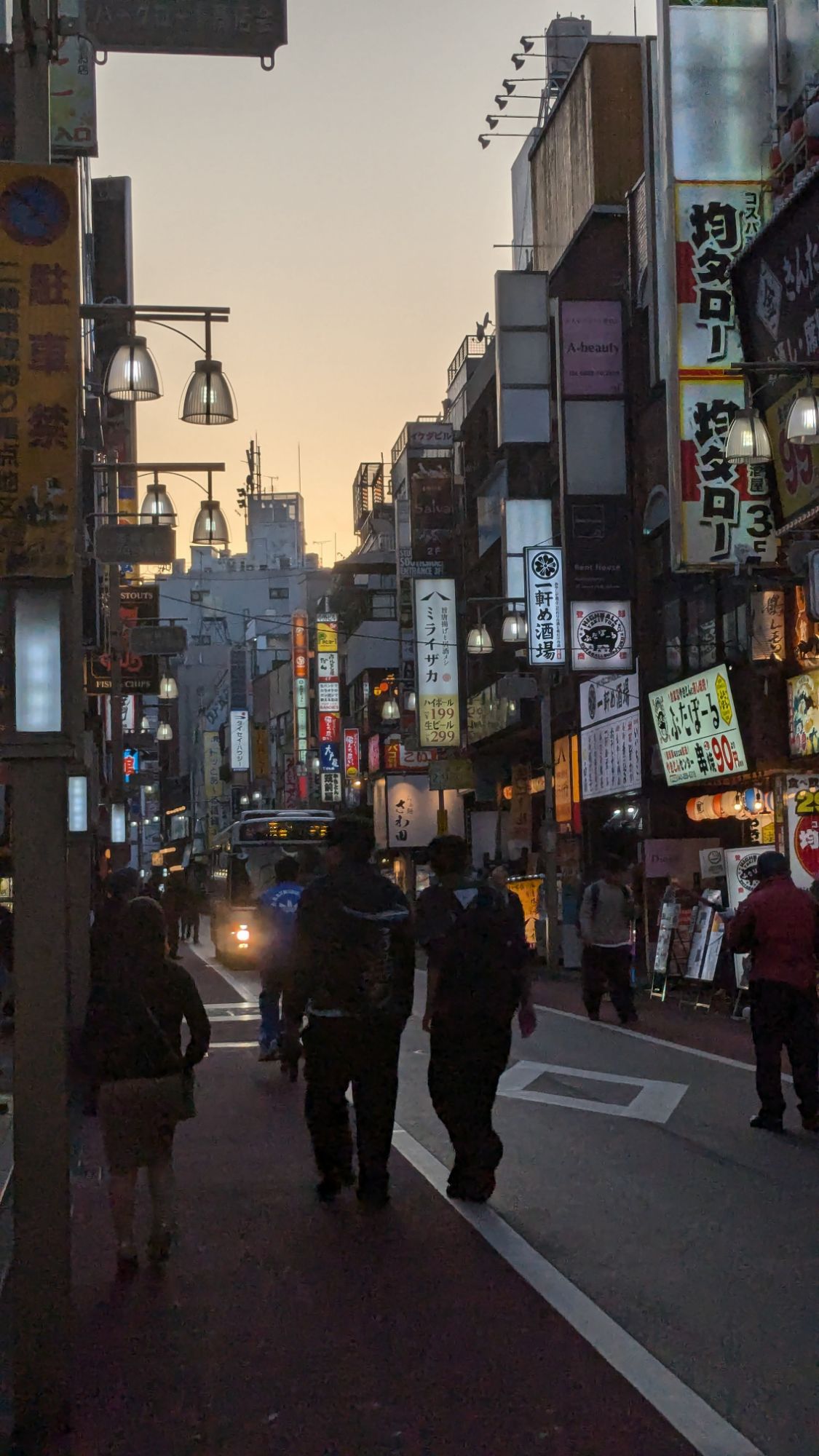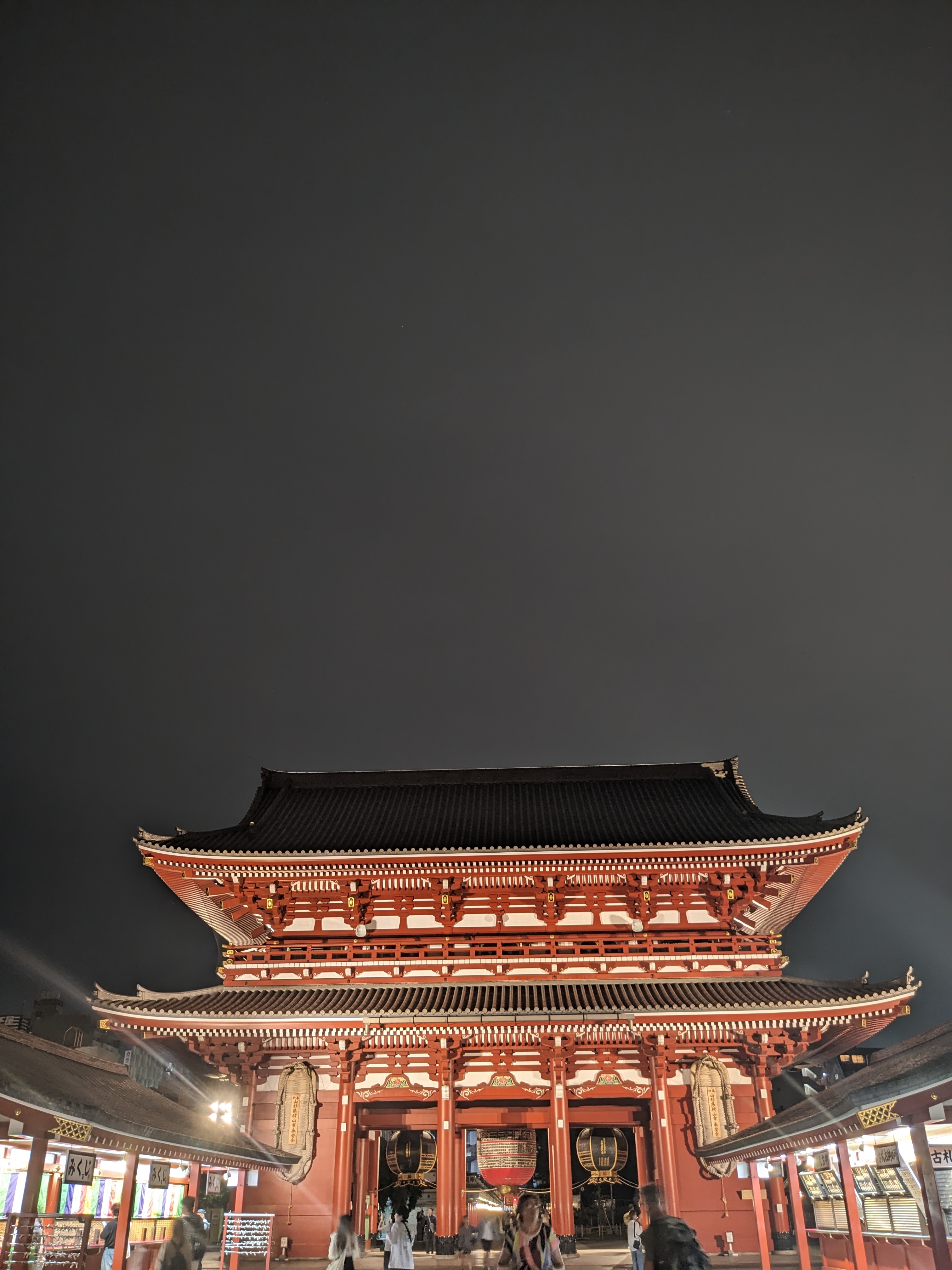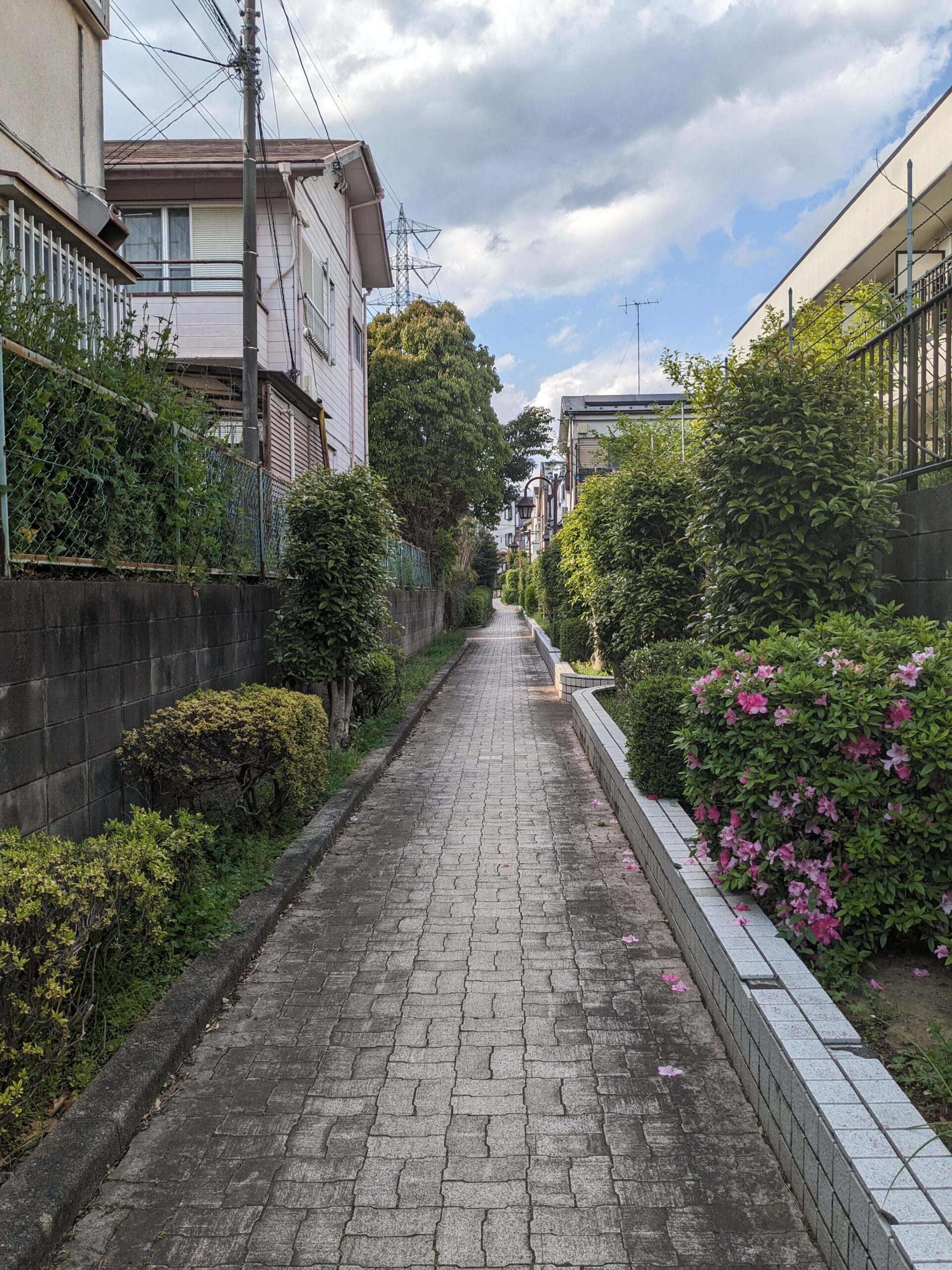I decided to write a dedicated article about Renting in Japan because I had an experience I’d like to share so that you can keep it in mind and hopefully avoid going through the same thing. So, I invite you to read my tips!
🙅🏻♀️ Is Renting in Japan Difficult as a Foreigner?
You’ve probably heard that it’s hard to rent in Japan if you’re a foreigner due to many restrictions and the language barrier. The truth is, there are lots of requirements and upfront costs involved, so yes, it’s complicated—but not impossible.

🔑 Basic Requirements for Renting
- Having a visa that allows you to stay in Japan for at least two years (since most contracts are for a minimum of two years).
- Having a job contract to prove you earn enough to pay rent regularly, or some proof of income.
- Having a Japanese guarantor—this can be a Japanese friend, a foreigner with permanent residency, or a guarantee company you can hire.
- Paying initial costs.
- Having a Japanese phone number and bank account.
- Doing an interview or online application where you’ll answer questions about your job, whether you agree to building rules, and more.
Staying in Japan After a Working Holiday Visa
🗣️ The Language Barrier When Renting in Japan
Trying to rent without knowing Japanese is a big challenge. If you want to rent directly from a landlord, you’ll need a lot of luck—they must be open to renting to foreigners and/or speak English.
Also, some may take advantage of your lack of Japanese to overcharge you.
So, the easiest route is to look for real estate agencies that work with foreigners and offer support in various languages.
🏘️ Steps to Rent an Apartment in Japan
STEP 1: Look for Accommodation
Recommended websites:
You can filter by area, monthly budget, apartment type, walking distance from the station, square meters, and more.
STEP 2: Choose Multiple Options
Depending on the time of year, the place you wanted may suddenly become unavailable. You can send just one email with a preferred option and the agent will suggest alternatives based on your needs.
STEP 3: Submit Your Documents
- Passport
- Residence Card
- Employment Certificate
- Latest payslips
- Tax statement or income certificate
- Japanese phone number and bank account
- A Japanese guarantor
- Initial payment (advance rent, deposit, agency fees, fire insurance, etc.)
STEP 4: Sign the Contract & Get the Keys
Once everything is paid and the contract is signed, they’ll hand over the keys and you can move in.

IMPORTANT: Most contracts are for at least 2 years. Some mention “possible renewal,” but this isn’t guaranteed—keep that in mind!
✔️ Pros and Cons of Renting in Japan
Pros:
- There are affordable options in convenient areas and in good condition.
- Some rentals include basic utilities like water and internet.
- Agencies usually help you set up services like electricity, gas, etc.

Cons:
- Some landlords reject foreign tenants.
- Strict rules (no modifications, noise restrictions, no pets, etc.)
- High initial and exit costs (some agencies try to overcharge for repairs).
🙋🏻♀️ My Experience Renting in Japan
When I first arrived on a Working Holiday Visa, I moved into a share house in Itabashi. The room was tiny and the place was dirty. Three months later, I moved to another share house in Asakusa, where I lived with other Argentinians and had a much better experience.
When I changed my visa, I decided to rent my own apartment. I contacted Wagaya, but due to high demand, it was a tough process. I eventually found a place in Setagaya, planning to stay until 2027. However, at the end of the year, I got a letter saying I had to leave by March 2025—there had been a misunderstanding and the landlord didn’t want to renew.
After talking with friends, someone connected me with a direct landlord and I got a new place: better location, bigger, lower initial costs—and again, with Argentinian neighbors!
Take a look on How to Make Friends in Japan

But the biggest issue came later: the previous real estate agency tried to charge me a large amount of money for “cleaning and repairs.” I filed a complaint and even threatened legal action, managing to cut the cost in half and get my deposit back.
💡 Final Advice
If you can rent based on other foreigners’ recommendations, even better. And if you go through a real estate agency, check the costs carefully and dispute anything unfair.
Also, keep in mind that even if the contract says “renewal possible,” it often (if not always) doesn’t happen. So read carefully how long your stay is and, if you’re not okay with it, speak up at the beginning or look for another option.
For more info or to file a complaint:
🔗 Kokusen Housing Complaints Website (JP)
✅ Conclusion
Renting in Japan can be challenging, but with information and caution, you can find a great place. I hope this guide is helpful and helps you avoid the issues I faced! If you have any questions or want to share your experience, feel free to leave a comment.

Leave a Reply